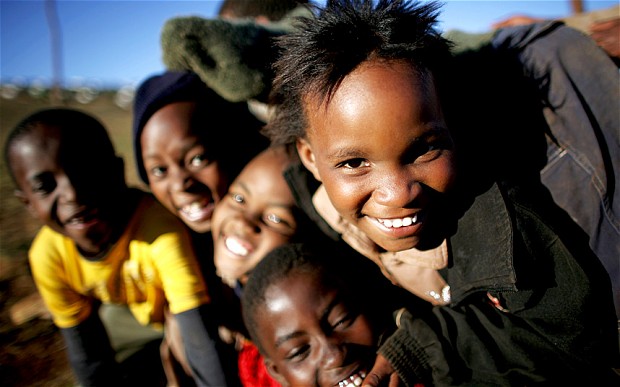
Malaria presents not only a public health challenge but also a socio-economic one. It causes disruption to schooling and reduces the days worked for adult sufferers and those who care for them. The disease is considered an important factor in the reduction of human work capacity and productivity, estimated to cost the country about N132billion ($862.4million) every year – taking into account treatment and prevention costs and loss of working hours.
According to the World Health Organization (WHO), countries can control, and eventually eliminate, malaria through a multipronged strategy that includes the following:
- Achieving high coverage of vector control interventions through household use of Insecticide Treated Nets (ITN), Long-Lasting Insecticide Nets (LLIN) and Indoor Residual Spraying (IRS)
- Expanded access to diagnostic testing, and
- Quality-assured Artemisinin-based Combination Therapies (ACTs)
According to a WHO 2012 Malaria Report, there were an estimated 219 million cases of malaria and 660,000 deaths worldwide. Together, the Democratic Republic of the Congo and Nigeria account for over 40% of the estimated total of malaria deaths globally. The Democratic Republic of the Congo, India and Nigeria account for 40% of the estimated malaria cases.
The distribution of malaria overlaps with the global map of poverty and within endemic countries, poor and vulnerable communities are impacted more severely than others. Controlling and eliminating malaria is therefore inextricably linked to poverty reduction and economic advancement. WDI will partner with state and community agencies to accelerate malaria control and elimination efforts in its adopted communities.
